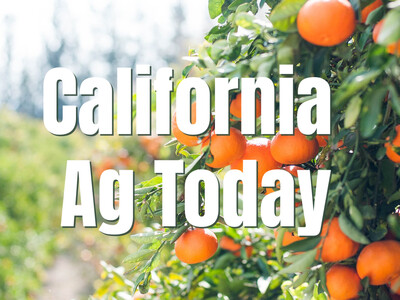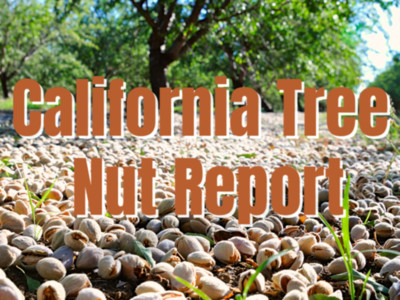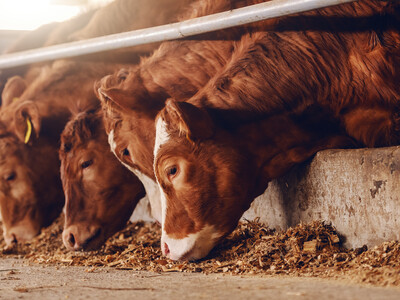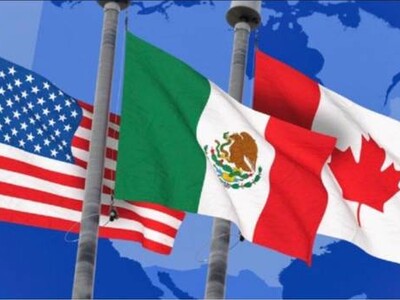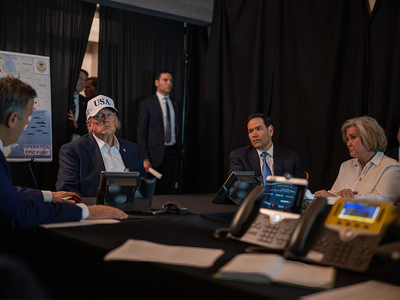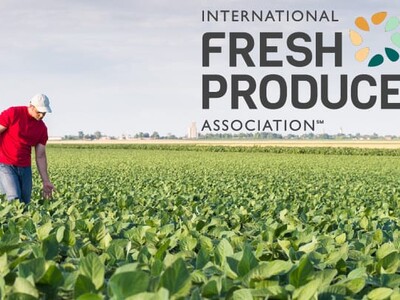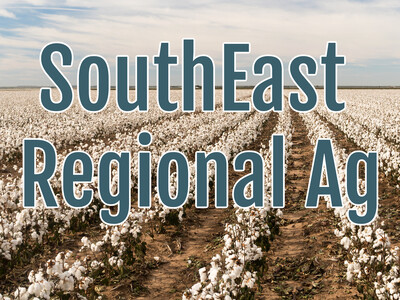Election Day & Biodiesel Troubles
Election Day & Biodiesel Troubles plus Food Forethought. I’m Greg Martin with today’s Northwest Report.
Well the campaigning is over and it’s time to vote. Polls are open in many areas or perhaps you have already filled out your mail-in ballot. I heard someone say that bottom line we are not democrats or republicans...we are American’s and regardless of who wins we are assured that we took a part in that decision. Be grateful for it since there are many places in the world where this would just not happen. If you have not done so already and you are a registered voter...exercise that right.
The biodiesel industry says it’s on target to meet the Renewable Fuels Standard this year - but the numbers mask problems caused by the loss of a key tax break. National Biodiesel Board Spokesman Ben Evans describes a tale of two biodiesel economies - one driven by the nation’s Renewable Fuels Standard.
EVANS: It’s somewhere around 800-850 million gallons through the end of September so basically the first two quarters of the year. We’ve a lot of really strong production right from the get-go this year which is unusual. Usually it takes a few months for the production to start ramping up.
Now with today’s Food Forethought, here’s Lacy Gray.
Local foods can be organic, but organic foods don’t always mean local. What’d she say? A new study by an Ohio State food policy professor observes that the “local” label can’t always be applied to the organic foods found at your grocery supermarket. In fact, he say that “more and more organic food producers and processors are becoming like their conventional counterparts, and if the trend continues, more and more organic food won’t be local”. Just how does this work, and how did it happen? Professor Hooker explains that the organic food market is growing, which is good, but that the majority of organic growers are clustered on the coasts. If larger agribusiness are buying organic foods from local producers, and are then shipping those under an organic label to consumers in other states, then that negates the notion of “local foods”. Bottom line, organic doesn't necessarily mean local, which in and of itself isn’t a “bad thing”. Hooker says he isn’t criticizing, he’s just trying to point out that if you’re buying organic food and think that automatically makes it local, you need to be aware that that isn’t necessarily so. Sounds like an opening for a whole new set of food labeling issues.
Thanks Lacy.
That’s today’s Northwest Report. I’m Greg Martin on the Ag Information Network.






